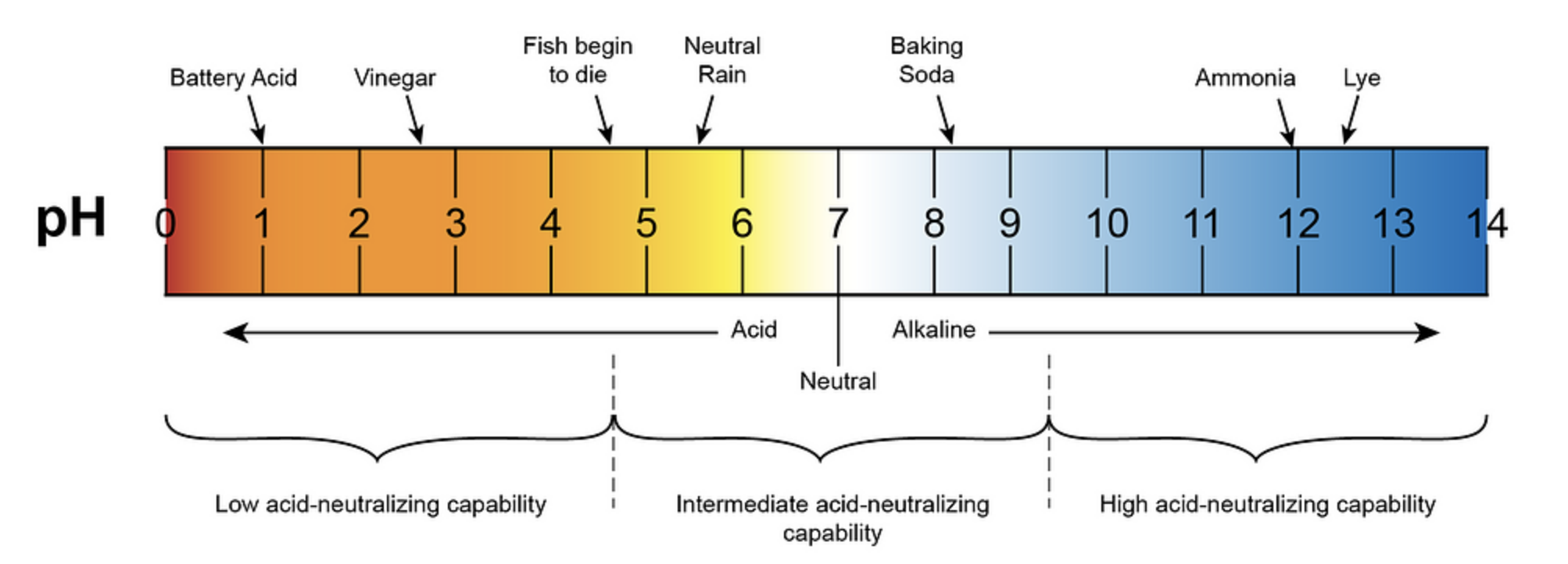The pH of ionized water typically ranges from 8 to 10, with some brands reaching up to 12. This alkaline water is believed to offer various health benefits, such as neutralizing acid in the bloodstream, slowing the aging process, and preventing chronic diseases like cancer. However, it’s crucial to understand the nuances and potential risks associated with regularly consuming ionized alkaline water.
Understanding Ionized Water
Ionized water is created through a process called electrolysis, which uses a device called an ionizer to raise the pH of regular water. This process separates the water molecules into more acidic and more alkaline components, with the acidic water being filtered out and the alkaline water being retained.
The ionization process can be broken down into the following steps:
- Water is passed through an electrolysis chamber.
- The water molecules are split into two streams: one with a higher pH (alkaline) and one with a lower pH (acidic).
- The alkaline water is collected and considered the “ionized” water, while the acidic water is typically discarded.
Potential Health Benefits of Ionized Water
While the scientific community is still debating the extent of the health benefits associated with ionized alkaline water, some studies have suggested potential positive effects:
- Improved DNA Aging Markers: A 2020 study on mice found that daily intake of alkaline water improved DNA aging markers, indicating a potential anti-aging effect.
- Reduced Nonalcoholic Fatty Liver Disease Symptoms: A 2018 study on mice suggested that alkaline water may help reduce the symptoms of nonalcoholic fatty liver disease.
However, it’s important to note that the pH levels in the human bloodstream are tightly regulated by the kidneys and lungs, and cannot be significantly altered by dietary changes, including the consumption of alkaline water.
Potential Risks and Considerations
While ionized alkaline water may offer some potential benefits, there are also some safety concerns to consider:
- Mineral Depletion: Consuming ionized alkaline water regularly may deplete the body of essential minerals and vitamins, as the high pH can interfere with nutrient absorption.
- Mucosal Lining Damage: Excessive consumption of ionized alkaline water may harm the mucosal lining of the digestive system, leading to issues such as excessive thirst.
- Growth Interference: Some studies have suggested that ionized alkaline water may interfere with growth and development, particularly in children.
It’s crucial to ensure that the water quality of the source is adequate before ionization, as contaminants can still be present in the final product. Many experts recommend using reverse osmosis to purify the water before connecting an alkaline ionizer, to ensure the water is free of impurities.
Conclusion
The pH of ionized water is typically higher than regular water, ranging from 8 to 10, with some brands reaching up to 12. While ionized alkaline water is believed to offer various health benefits, the scientific community is still debating the extent of these claims. It’s essential to consult with a healthcare professional before making any significant changes to your hydration habits, and to ensure that the water quality is adequate before ionization. By understanding the potential benefits and risks, you can make an informed decision about whether ionized alkaline water is right for you.
References:
– Is Alkaline Water Better for You? – Cleveland Clinic Health Essentials
– Alkaline water: Better than plain water? – Mayo Clinic
– Alkaline Water: Benefits, Side Effects, and Dangers – Healthline

